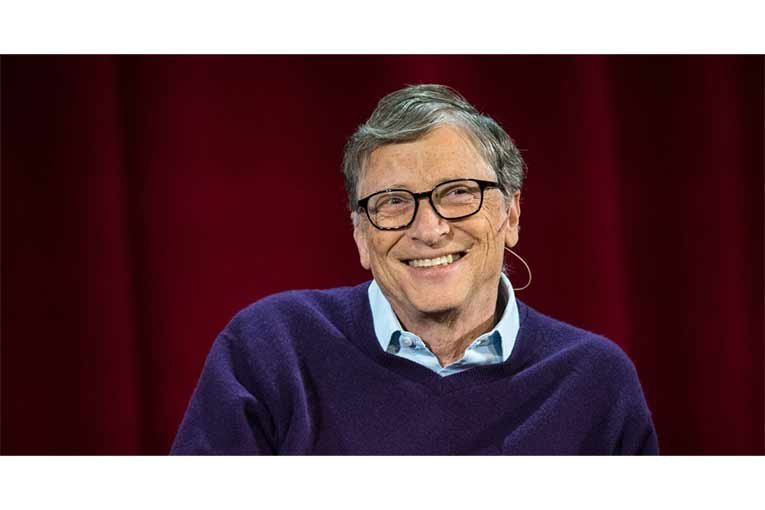Introduction
Bill Gates is a name synonymous with innovation, entrepreneurship, and philanthropy. His journey from a college dropout to co-founding one of the most successful tech companies in the world, Microsoft, is nothing short of extraordinary. Beyond his contributions to the technology industry, Gates has also made a significant impact on global health through the Bill and Melinda Gates Foundation, solidifying his position as a philanthropy powerhouse.
Revolutionizing Personal Computing
In the mid-1970s, while studying at Harvard University, Gates dropped out to pursue his passion for computer programming. Along with his childhood friend Paul Allen, he founded Microsoft in 1975. Their vision was to put a computer on every desk and in every home, a goal that seemed ambitious at the time but one that they ultimately achieved. Microsoft’s operating system, MS-DOS, and later Windows, revolutionized personal computing, making computers more accessible and user-friendly for the masses.
Gates’s leadership and strategic vision were instrumental in Microsoft’s growth and dominance in the tech industry. Under his guidance, the company developed a wide range of software products that became household names, such as Microsoft Office and Internet Explorer. His relentless drive for innovation and competitiveness propelled Microsoft to become one of the most valuable companies in the world.
Impact on Global Health
In 2000, Gates and his then-wife Melinda established the Bill and Melinda Gates Foundation, with a focus on improving global health and education. The foundation’s efforts have had a profound impact on combating diseases such as malaria, tuberculosis, and HIV/AIDS, particularly in developing countries. Through partnerships with governments, NGOs, and other organizations, the Gates Foundation has helped save millions of lives and improve healthcare systems worldwide.
Gates’s commitment to philanthropy is evident in his dedication to addressing pressing global issues, such as poverty, malnutrition, and lack of access to clean water. His strategic investments in research and development have led to breakthroughs in vaccines, treatments, and other healthcare solutions, transforming the lives of millions of people around the world.
Legacy in Technology and Charitable Work
As one of the pioneers of the tech industry, Gates’s legacy extends beyond Microsoft and the Gates Foundation. His contributions to technology have not only shaped the way we live and work today but have also inspired generations of entrepreneurs and innovators. Gates’s emphasis on continuous learning, innovation, and giving back to society has set a benchmark for successful business leaders to follow.
In recent years, Gates has shifted his focus towards addressing climate change and promoting sustainable development. He has invested in clean energy initiatives, green technologies, and climate research, recognizing the urgent need to protect the environment for future generations. Gates’s commitment to using his wealth and influence for the greater good serves as a model for other billionaires and philanthropists to leverage their resources for positive social impact.
Bill Gates’s journey from a college dropout to a technology titan and philanthropy powerhouse is a testament to his vision, determination, and compassion. His impact on personal computing, global health, and charitable work has left an indelible mark on the world. As Gates continues to champion important causes and drive positive change, his legacy as a pioneer in technology and a leading philanthropist will endure for generations to come.







